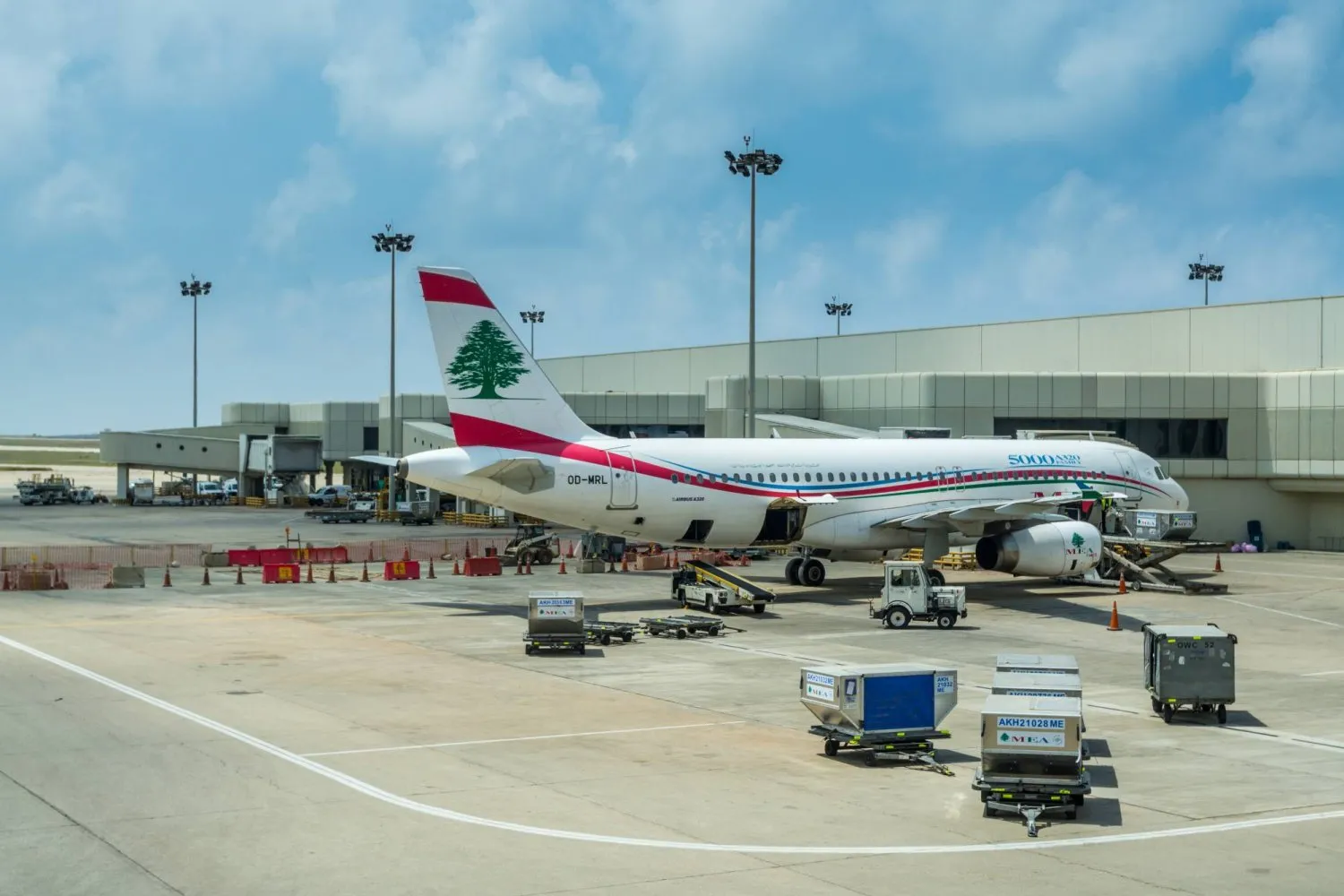The Lebanese authorities denied on Sunday a report claiming that Hezbollah is using Beirut's Rafik Hariri International Airport to store weapons. Instead, they invited ambassadors and journalists to take a tour of the airport's facilities on Monday to prove there are no arms.
On Sunday, The Telegraph claimed that for years, Hezbollah has used the airport to transfer weapons from Iran, turning it into an Israeli target.
It quoted anonymous whistleblowers claiming they had observed “unusually big boxes” being flown in aboard flights from Iran.
The newspaper said the cache allegedly includes Iranian-made Falaq unguided artillery rockets and Fateh-110 short-range missiles.
It quoted the International Air Transport Association (IATA) as saying: “We have known for years that Hezbollah has stored weapons at Beirut airport.”
The Lebanese government denied the claims, labeling the report “ridiculous.”
During a press conference at the airport, caretaker Transportation Minister Ali Hamieh said: “This is a ridiculous article, and I hope the newspaper will check with the British Ministry of Transportation, which had an on-ground visit to the airport on January 22, 2024.”
Hamieh also stated that he was in contact with IATA to refute these claims.
The minister said airport staff don't have the authority to open boxes that arrive, but rather that falls within the work of the customs department and airport security. Therefore, he added, The Telegraph should quote sources from the customs department, not airport staff.
He stressed that Rafik Hariri International Airport has for years been the target of disinformation.
Hamieh invited foreign diplomats and the media for an inspection tour of the airport on Monday morning, adding that the government is preparing to file a complaint against The Telegraph.
On Sunday, fears mounted in Lebanon that Israel could use The Telegraph report as an excuse to strike the airport.
The Union of Air Transport in Lebanon (UTA) denied the “baseless” report, describing it as “mere illusions and lies aimed at endangering Beirut airport and its civilian workers, as well as travelers, all of whom are civilians.”
“We hold (The Telegraph) and those quoting it and spreading its falsehoods, responsible for the safety of those who work at Beirut airport in all its facilities,” UTA said in a statement carried by the Lebanese National News Agency.
“We consider the reports spread by suspicious media outlets as incitement to kill us,” it added.









